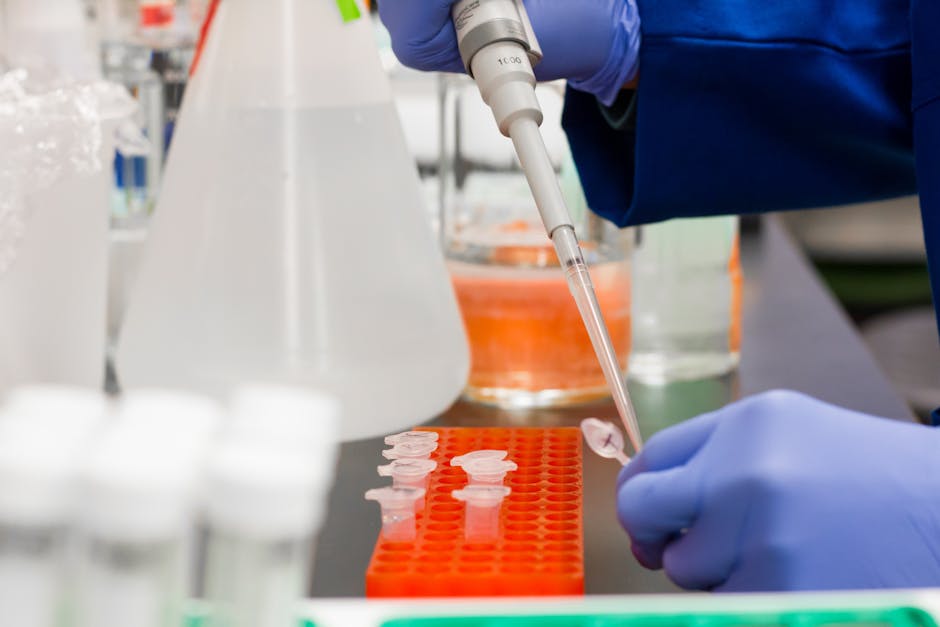Myocarditis and COVID-19 Vaccines: Understanding the Risks, Symptoms, and Recovery
The COVID-19 pandemic spurred the rapid development and deployment of several highly effective vaccines. While these vaccines have proven instrumental in reducing severe illness, hospitalization, and death from COVID-19, reports of rare but serious adverse events, such as myocarditis (inflammation of the heart muscle), have raised concerns among some individuals. This comprehensive article aims to clarify the relationship between COVID-19 vaccines and myocarditis, providing factual information to address common anxieties and promote informed decision-making.
What is Myocarditis?
Myocarditis is an inflammation of the heart muscle. It can range in severity from mild and asymptomatic to life-threatening. The inflammation can weaken the heart’s ability to pump blood effectively, potentially leading to heart failure, irregular heartbeat (arrhythmias), and in severe cases, death. Causes of myocarditis are varied, including viral infections (like COVID-19 itself), bacterial infections, autoimmune diseases, and certain medications.
Symptoms of Myocarditis
Symptoms of myocarditis can be subtle or severe, and vary widely depending on the severity of the inflammation. Some common symptoms include:

- Chest pain or discomfort
- Shortness of breath
- Rapid or irregular heartbeat (palpitations)
- Fatigue
- Lightheadedness or dizziness
- Swelling in the legs or ankles
- Fever
It’s crucial to note that not everyone with myocarditis will experience all of these symptoms. Some individuals may have very mild symptoms or be asymptomatic. The absence of noticeable symptoms doesn’t mean the condition isn’t present, highlighting the importance of medical evaluation if there’s any suspicion.
The Link Between COVID-19 Vaccines and Myocarditis
Studies have shown a very small increased risk of myocarditis, particularly in young men, following mRNA COVID-19 vaccination (Pfizer-BioNTech and Moderna). It’s important to emphasize that this risk is significantly lower than the risk of myocarditis from a COVID-19 infection itself. Furthermore, the cases of vaccine-related myocarditis are generally mild and resolve with appropriate medical management.
Who is at Higher Risk?
While myocarditis following vaccination is rare, certain groups appear to have a slightly higher risk:

- Young men (ages 16-29) are more likely to experience myocarditis after receiving an mRNA COVID-19 vaccine than other demographic groups.
- The risk appears to be higher after the second dose of the mRNA vaccines.
- There is no definitive data linking increased risk to specific vaccine brands, but research is ongoing.
It is vital to remember that this increased risk remains exceptionally low, and the benefits of COVID-19 vaccination far outweigh the potential risks for the vast majority of people.
Diagnosis and Treatment of Vaccine-Related Myocarditis
Diagnosing myocarditis involves a combination of physical examination, blood tests (to check for inflammation markers), electrocardiogram (ECG) to assess heart rhythm and electrical activity, and cardiac magnetic resonance imaging (CMR) to visualize the heart muscle. Early diagnosis is crucial for effective treatment.

Treatment Approaches
Treatment for vaccine-related myocarditis typically involves rest, medications to manage inflammation and symptoms (such as nonsteroidal anti-inflammatory drugs or corticosteroids), and close monitoring of heart function. In most cases, myocarditis resolves completely with appropriate medical care.
COVID-19 Infection and Myocarditis: A Greater Risk
It’s crucial to understand that contracting COVID-19 itself poses a significantly higher risk of developing myocarditis compared to receiving the vaccine. COVID-19 can directly infect the heart muscle, leading to more severe and potentially life-threatening myocarditis. The risk of myocarditis from a COVID-19 infection is particularly high in individuals who experience severe illness.
Addressing Public Concerns and Misinformation
The relatively rare occurrence of myocarditis following vaccination has unfortunately been subject to misinformation and exaggeration. It’s vital to rely on credible sources of information, such as the Centers for Disease Control and Prevention (CDC), the World Health Organization (WHO), and reputable medical journals. These organizations provide evidence-based data and context that helps to dispel myths and fears.
The Importance of Vaccination
Despite the potential risk of myocarditis, the benefits of COVID-19 vaccination overwhelmingly outweigh the risks for most individuals. Vaccination remains a crucial tool in protecting against severe COVID-19, hospitalization, and death. The significantly higher risk of myocarditis and other serious complications associated with COVID-19 infection should not be overlooked.
Conclusion: Informed Choices Based on Facts
Myocarditis is a rare but serious potential side effect of some COVID-19 vaccines, primarily affecting young men. However, the risk is exceedingly low compared to the risk of developing myocarditis from a COVID-19 infection. Prompt diagnosis and treatment are highly effective in managing cases of vaccine-related myocarditis, with most individuals recovering fully. Individuals should discuss any concerns they may have with their healthcare provider, who can offer personalized guidance based on their individual medical history and risk factors.
Making informed decisions about healthcare requires careful consideration of all available evidence. It is vital to rely on trustworthy sources and to engage in open and honest conversations with medical professionals to ensure you have the information needed to make the best choices for your health and well-being. The decision to receive a COVID-19 vaccination should be made in collaboration with your doctor, weighing the potential risks against the substantial benefits of protection against severe COVID-19.

